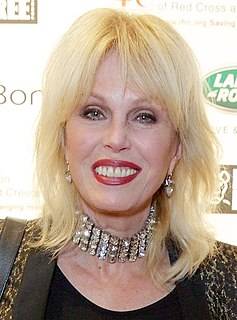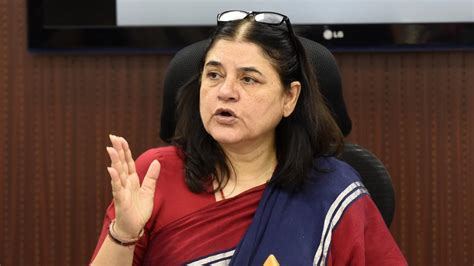A Quote by Ingrid Newkirk
Going meat-free can make a huge difference. Studies show that vegetarians are, on average, 10 to 20 pounds lighter than meat-eaters and that a vegetarian diet reduces our risk of heart disease by 40 percent and adds seven or more years to our lifespan.
Related Quotes
Studies indicate that vegetarians often have lower morbidity and mortality rates. . . . Not only is mortality from coronary artery disease lower in vegetarians than in non-vegetarians, but vegetarian diets have also been successful in arresting coronary artery disease. Scientific data suggest positive relationships between a vegetarian diet and reduced risk for obesity, coronary artery disease, hypertension, diabetes mellitus, and some types of cancer.
In fact, we would know ourselves that we are not meant to be meat eaters, and we would not have allowed ourselves to become conditioned to meat eating in the first place, if the effects of meat eating were felt right away. But since heart disease, cancer, diabetes, osteoporosis, etc. usually take many years to develop, we are able to separate them from their cause (or contributing factors) and go on happily eating an animal-based diet.
When are we left-wingers going to learn that we are losing the cultural and political battle with conservatives because we are fractured into narcissistic special-interest groups? Why should an antiwar protestor be so concerned about her dietary identity? The political opinions of vegetarians and meat-eaters are, after all, equally important. And what does it tell us about vegetarians that it would never occur to meat-eaters to carry a sign that reads "Pacifist Pork Chop Lover for Peace" or "Backyard Rib Barbecuer for International Nuclear Disarmament"?
Our ancestors were eating meat over 2.5 million years ago. We mainly ate meat, fish, fruits, vegetables and nuts. We have to assume our physiology evolved in association with this diet. The balanced diet for our species was what we could acquire then, not what the government and doctors tell us to eat now.
About 90 percent of all soy is genetically modified (GMO). Soy is also one of the top seven allergens, and is widely known to cause immediate hypersensitivity reactions. While in the last forty years soy has occupied an important place in the transition from an unhealthy meat-based diet to vegetarian and vegan cuisine, it is time for us to upgrade our food choice to one having more benefits, and fewer negative possibilities. In 1986, Stuart Berger, MD, placed soy among the seven top allergens - one of the "sinister seven." At the time, most experts listed soy around tenth or eleventh.
The indifference of children towards meat is one proof that the taste for meat is unnatural; their preference is for vegetable foods...Beware of changing this natural taste and making children flesh-eaters, if not for their health's sake, for the sake of their character; for how can one explain away the fact that great meat-eaters are usually fiercer and more cruel than other men; this has been recognised at all times and in all places.
Unless we change our food choices, nothing else matters. Because it is meat that is destroying most of our forests. It is meat that pollutes the waters. It is meat that is creating disease which leads to all our money being diverted to hospitals. So, it's the first choice for anybody who wants to save the Earth.





































